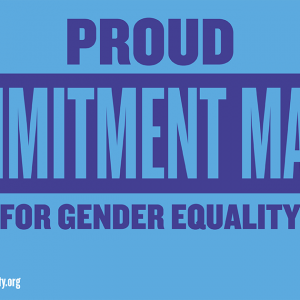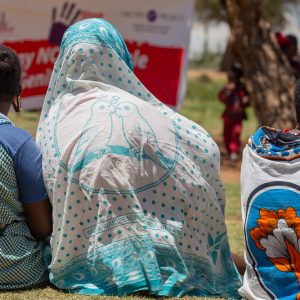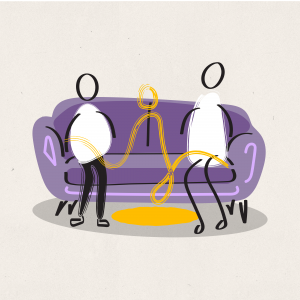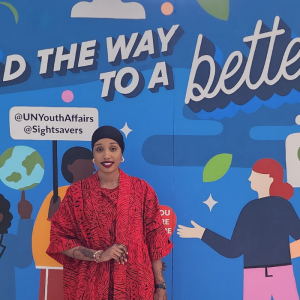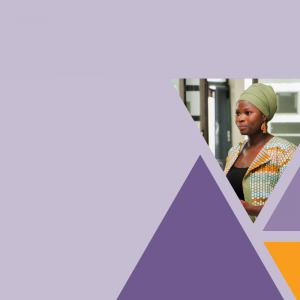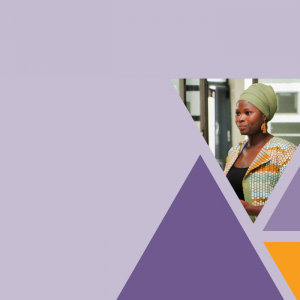In June 2019, Orchid Project hosted a very well attended side event at Women Deliver Conference 2019. Entitled ‘It takes a whole community: Ending female genital cutting within a generation’, our event profiled the trailblazing work of our inspirational partners and activists across Kenya, Sierra Leone, and notably India.
“I didn’t know it happened there” is a recurring theme that we hear following our efforts to profile the practice and the champions working to end it across the Asian region. It speaks to the undeniable success and leadership shown by African activists, advocates, and communities who have worked tirelessly to ensure that an end to FGC is on the agenda of both national governments and the international community alike. But it also speaks to a misperception of the practice as an ‘African issue’. FGC happens in Asia too, and we won’t meet the Agenda 2030 promise of leaving no one behind if the stories, experiences, and expertise of these extraordinary activists remains excluded from the global narrative.
According to UNICEF, 3.9 million girls are at risk of FGM/C annually, and at least 200 million girls and women have undergone the practice in 30 countries. This figure does not include many countries in Asia where FGC is known to take place. The true scale of the problem remains unknown because of these gaps in data, but in Indonesia alone, an estimated 15 million girls will have been cut by 2030. Community and media reports indicate that FGC is prevalent in many Asian and Southeast Asian countries including Malaysia, Singapore, Indonesia, Brunei, Thailand, the Philippines, Maldives, India and Pakistan.
We are working tirelessly at Orchid Project to unite voices across the planet for one Global Call to Action to end FGC. At Women Deliver 2019 and again at ICPD Nairobi Summit and beyond, we work in partnership with the End FGM EU Network, the U.S. End FGM/C Network, and the Inter-African Committee on Harmful and Traditional Practices. But an Asian regional perspective has been sorely missed to date. Orchid Project, alongside The Asian-Pacific Resource and Research Centre for Women (ARROW), hope to co-nurture a new regional Asia Network to End FGM/C to remedy this issue.
Currently in a period of open and transparent consultation with identified stakeholders across the region, including survivors, CSOs, and academics, we are speaking to the grassroots activists shaping and leading change on the ground in their communities across Asia to understand what their needs and priorities are for a regional network to end FGC. Any interested parties working on FGC or related issues, including gender-based violence (GBV) or sexual and reproductive health and rights (SRHR), are strongly encouraged to participate in the consultation process here.
Once established and subject to the consultation, the network will explore a range of activities, such as providing a platform to provide support and capacity building to activists and organisations working on the issue, gathering data and evidence on prevalence, taking survivor needs and viewpoints into account, engaging with religious scholars who can influence communities positively, and urging governments to report on the SDG indicator (5.3.2) related to FGM/C. We aim to launch a report into the consultation, as well as the formal network itself, at next year’s Commission on the Status of Women 64, in March 2020.
Photo by Natasha Kasim on Unsplash.

